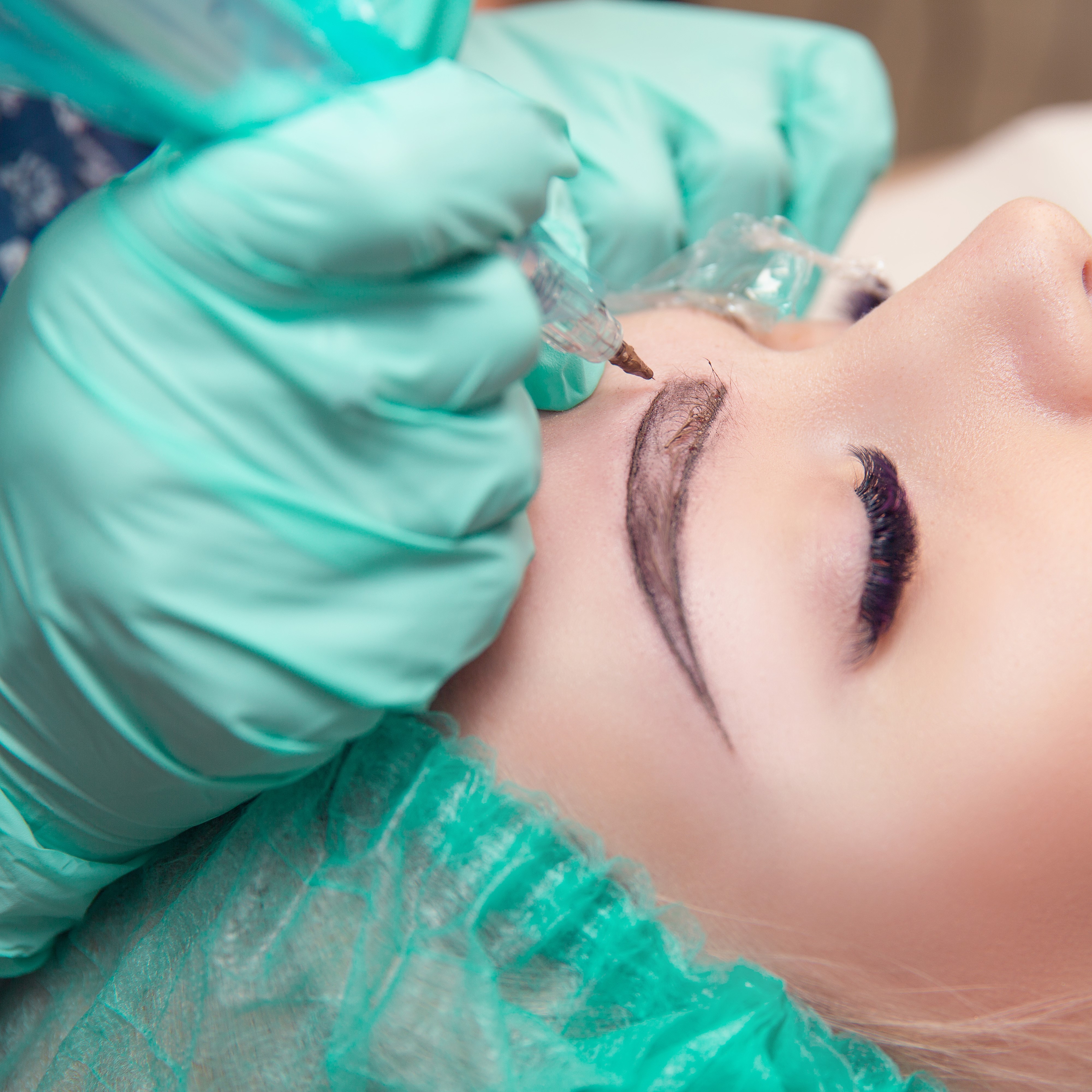Information on Cookies
To make the best use of our website, you'll need to make sure your web browser is set to accept cookies to ensure you receive the best experience.
For further information, please read our Cookies Policy.

Log In

In the Health and Social Care Committee's latest report, "The impact of body image on mental and physical health" it has recommended that the Government make it a priority to introduce the licensing regime for non-surgical cosmetic procedures by July 2023.
In the report, the committee said:
18. The risk of exploitation of vulnerable groups seeking non-surgical cosmetic procedures is too great and we recommend that to prevent further exploitation, the Department immediately draws up a clear timeframe for the consultation process. We urge the Government to make this a priority and to introduce the licensing regime for non-surgical cosmetic procedures by July 2023 (Paragraph 109)
19. The dangers posed by non-surgical cosmetic procedures in vulnerable groups have been evident throughout the inquiry. The new licensing regime provides an opportunity to ensure that anyone planning to undertake a non-surgical cosmetic procedure has the time and space to consider their decision, and weigh up the risks and benefits. It is clear this is not currently the case for everyone in that position. (Paragraph 113)
20. We recommend that the new licensing regime for non-surgical cosmetic procedures includes a commitment to a two-part consent process for anyone considering having a non-surgical cosmetic procedure, including, at a minimum, a full medical and mental health history, as well as a mandatory 48-hour cooling off period between the consent process and undergoing the procedure. We further believe that information provided to patients or clients who are considering any treatments should always be provided with information in an accessible format to ensure they are able to make an informed choice about their proposed treatment. (Paragraph 114)
21. There should be specific premises standards for all beauty salons and non-CQC registered premises providing non-surgical cosmetic procedures. Local Authority Enforcement Officers should be given extended powers to enforce compliance with a nationally agreed set of premises standards. (Paragraph 117)
22. We are convinced that there is a need for a minimum standard to be met in regards to the education and training of practitioners who perform non-surgical cosmetic procedures. It is essential to ensure patient safety, and thus should be a central pillar of a future licensing regime. The Professional Standards Authority should be given the power to oversee a register of approved training providers. All training providers should have to meet an Ofqual-regulated standard. (Paragraph 120)
23. We recommend that the Department review the licencing of dermal fillers to be prescription-only substances, in line with Botox, in order to provide more protection for people undertaking procedures involving dermal fillers. (Paragraph 123)
24. We recommend that the Department establish a ‘Non-Surgical Cosmetic Procedures’ safety taskforce that comprises each of the regulatory bodies that have input into the sector, including the MHRA, the nine statutory bodies, the ASA and stakeholders like the JCCP, Save Face and other industry bodies. This taskforce’s remit should be centred on patient safety and should include, but not be limited to, examining the issues of remote prescribing, appropriateness of premises, education and training standards as well as accountability and governance. The existence of a taskforce should provide the opportunity for a more co-ordinated approach. The taskforce should also review the impact and operation of the future licensing regime when it is in place. We also heard evidence about the difficulties in enforcing existing regulations of non-surgical cosmetic procedures, as complaints relating to an aesthetic practice often span a number of different regulators. The new safety taskforce must ensure a coordinated approach to the enforcement of new and existing regulations in the industry, and the Government must ensure sufficient resources are available to the relevant bodies. (Paragraph 124)
25. We welcome the decision to prohibit advertising for cosmetic procedures being directed at under-18s and we look forward to the results of the 12-month review of this new measure (Paragraph 127)
26. We recommend that the new licensing regime should include the requirement to display a kitemark and a warning logo on any advertisement for treatments that fall within the regime’s scope. (Paragraph 129)
